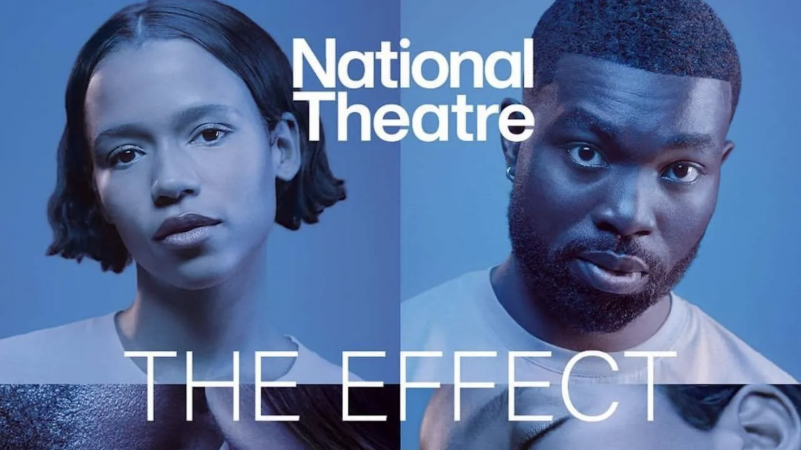
The Effect: Lucy Prebble's Play on the Role of Anti-Depressants
-
A new revival of The Effect by Lucy Prebble (Succession) is now playing at the National Theatre
-
Psychotherapist Camilla Nicholls calls it a must-see for therapists and clients alike, with its exploration of anti-depressants
The Effect is something of a must-see play for therapists, counsellors and clients alike. It’s over ten years since the National Theatre first staged Lucy Prebble’s high octane four hander in its Cottosloe (now Dorfman) space. This starry revival, directed by Jamie Lloyd, is currently playing to the Lyttleton’s much larger house, reflecting Prebble’s increased notoriety as a writer via Succession and I Hate Suzie.
Staged largely in the round, we’re given the impression of the action taking place in a goldfish bowl. Something which will have a deeper resonance for any therapists-in-training in the auditorium as ‘goldfish bowl’ is the name given to the often scary practice therapy sessions which take place week after week in front of their tutors and peers.
The ‘fishes’ under observation are Connie (Taylor Russell) and Tristan (Paapa Essiedu) volunteers paid to take part in a clinical trial. Connie is a psychology student so has something of a professional interest, Tristan is an old hand at clinical trials, using the money to fund a less than conventional lifestyle. They gradually learn that the trial is for an anti-depressant, they don’t know who has been given the drug and who has been given a placebo but they believe they are both under its influence. This is important as an initial grudging attraction turns into a passionate and quite desperate love affair. The couple are being observed by two psychiatrists, Dr Lorna James (Michele Austin) and Dr Toby Sealey (Kobna Holdbrook-Smith) who, we learn, have a history of sexual attraction themselves.
The importance of the psychiatrists’ shared past and their strongly partial (and opposing) view points on drug trials gain weight as the play progresses. Dr Sealey believes in the power of anti-depressants, perhaps with the fervour of someone benefiting financially from the drug industry. Dr James refuses to take anti-depressants herself despite her own struggles with depression and suicidality.
We observe the psychiatrists observing the volunteers who closely observe each other. As the erotic charge between Connie and Tristan develops the play’s central dilemma comes into focus. What are the effects of anti-depressants? Do they deaden or magnify pre-existing feelings, do they create new ones? Can the ‘placebo effect ‘ be as powerful as any drug? And, importantly, are anti-depressants prescribed for the good of the patient, Big Pharma or maybe to create a more docile society as a whole?
The booming music which greets visitors to The Effect as soon as we step into the theatre’s foyer works hard at creating a high-pressured, slightly on-edge, nauseated feeling which only ends when we leave again. The debate about the effectiveness, or otherwise, of anti-depressants is often, like the music, noisy and unsubtle, however, the play’s ethical considerations are as important now as they were in 2012 when Billie Piper took the lead role. Despite an excellent, convincing and compelling cast the production feels somewhat overwrought and the more nuanced points Prebble aims to land get rather lost as the more obvious ones are hammered into us nail by thudding nail.
National Theatre until 23 October.
Camilla Nicholls is a verified Welldoing psychotherapist in North London and online










